The ignition coil plays a crucial role in the car's spark plug firing sequence by converting the low-voltage electrical energy from the battery into high-voltage electrical energy needed to produce a spark at the spark plugs. The spark plug firing sequence is a critical aspect of the engine's operation, as it determines the timing and intensity of the spark required to ignite the air-fuel mixture in the engine cylinders.
Here's how the ignition coil contributes to the spark plug firing sequence:
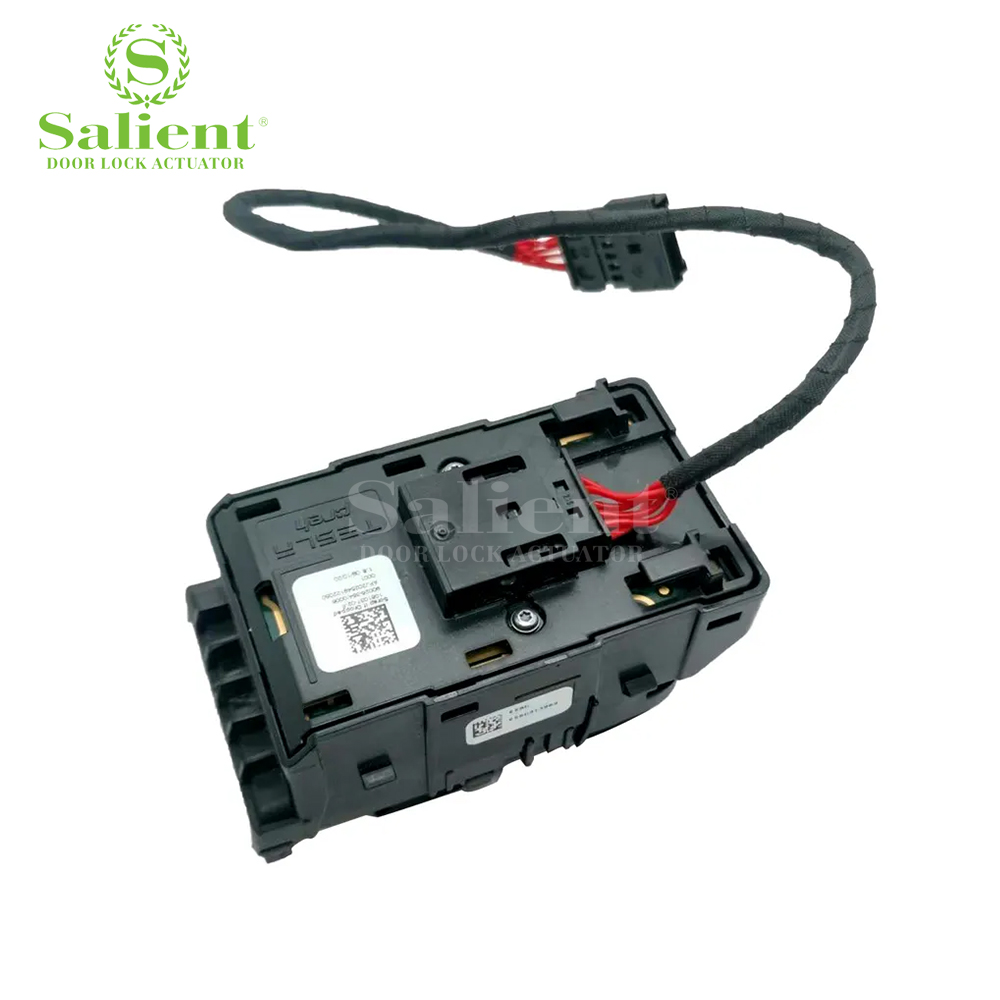
Voltage Transformation: The ignition coil acts as a transformer, stepping up the low-voltage electrical energy from the battery (typically 12 volts) to a much higher voltage, often around 20,000 to 30,000 volts. This high-voltage energy is necessary to generate a spark capable of igniting the compressed air-fuel mixture in the engine cylinder.
Timing Control: The ignition coil receives signals from the engine control unit (ECU) or ignition system module to determine the precise timing of the spark plug firing sequence.
The ECU calculates the optimal timing based on various engine parameters such as engine speed, load, and temperature.Induction of High-Voltage Current: When the ignition coil receives the signal to fire, it rapidly builds up a magnetic field within its core. When the signal is interrupted, the magnetic field collapses, inducing a high-voltage current in the secondary winding of the coil. This sudden surge of electrical energy creates the spark at the spark plug.
Distribution to Spark Plugs: The high-voltage current generated by the ignition coil is distributed to the individual spark plugs via spark plug wires or directly in the case of coil-on-plug ignition systems. Each spark plug fires in sequence, corresponding to the firing order of the engine cylinders.
Ignition of Air-Fuel Mixture: The spark generated by the spark plug ignites the compressed air-fuel mixture within the engine cylinder. This combustion process produces the energy necessary to power the vehicle and drive the engine's pistons.
The ignition coil serves as the intermediary between the vehicle's electrical system and the spark plugs, transforming low-voltage energy into high-voltage sparks at precisely controlled intervals. By ensuring the proper timing and intensity of the spark plug firing sequence, the ignition coil plays a critical role in the efficient operation and performance of the engine.


 English
English Español
Español
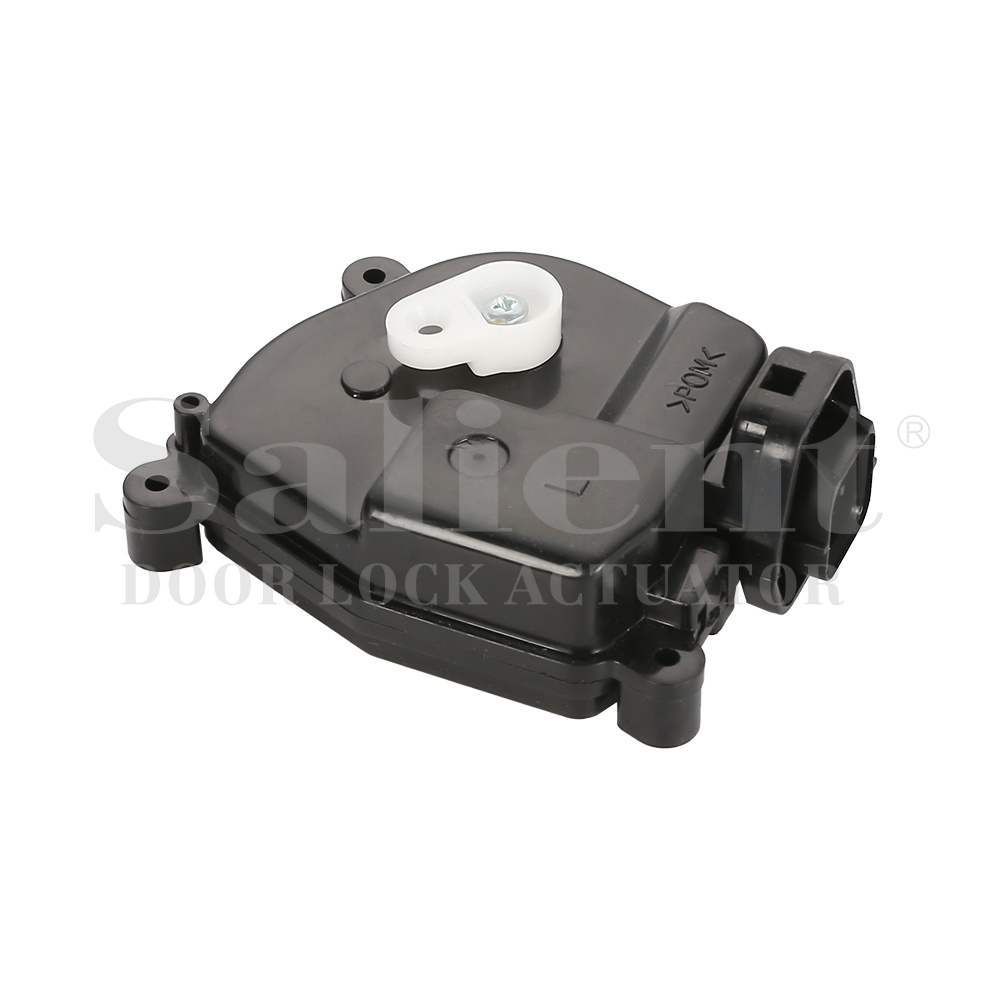
.jpg)
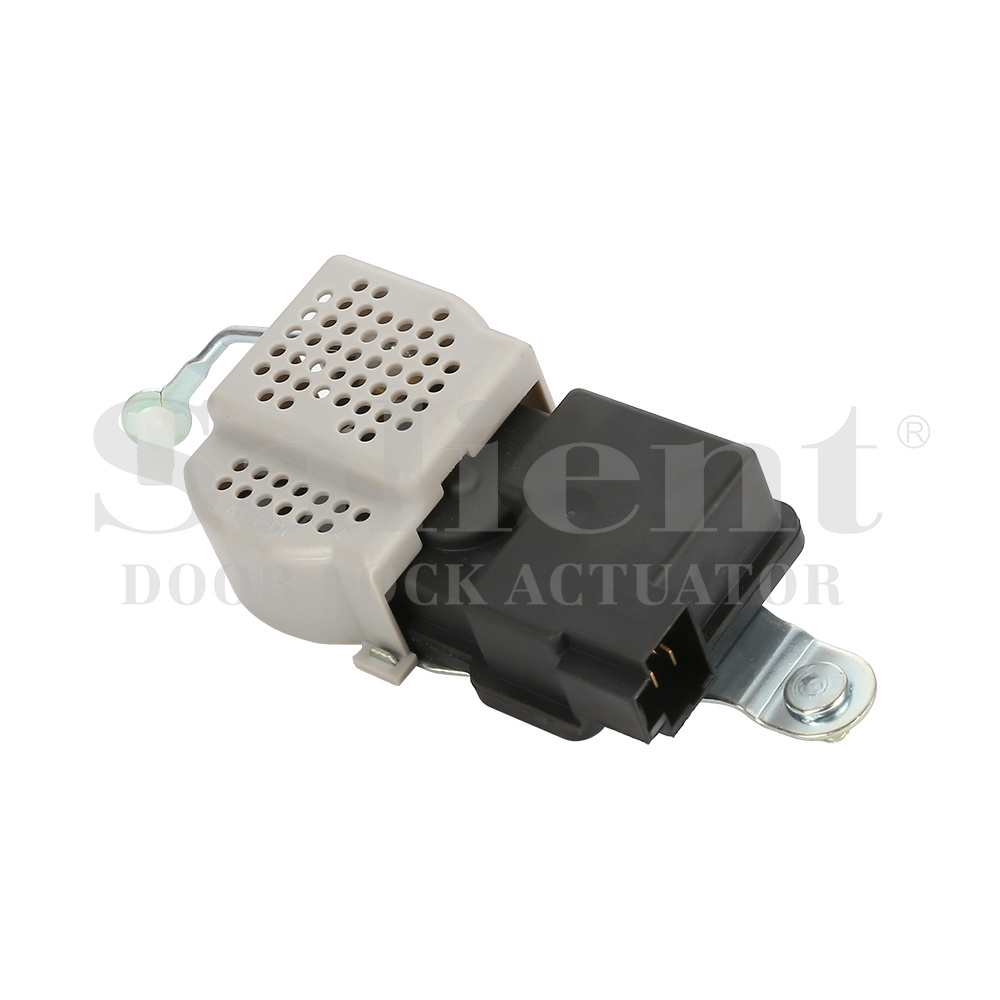
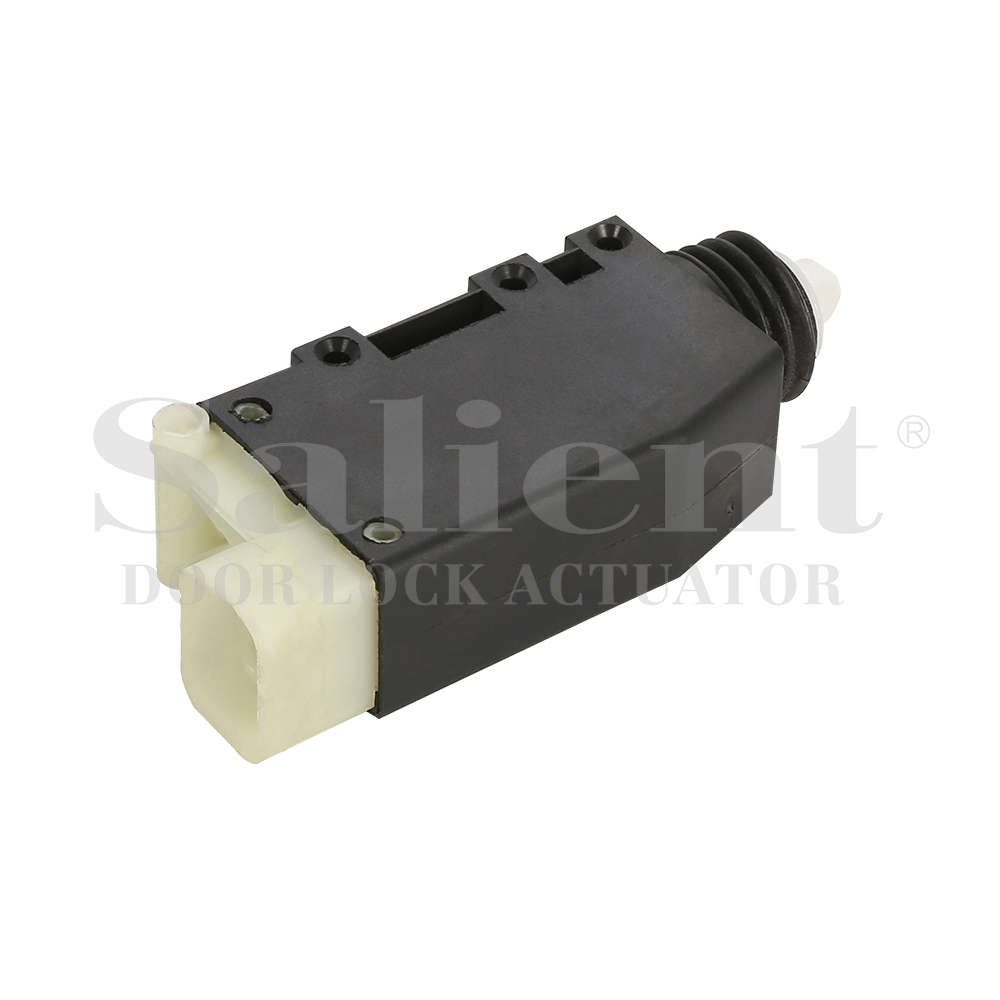
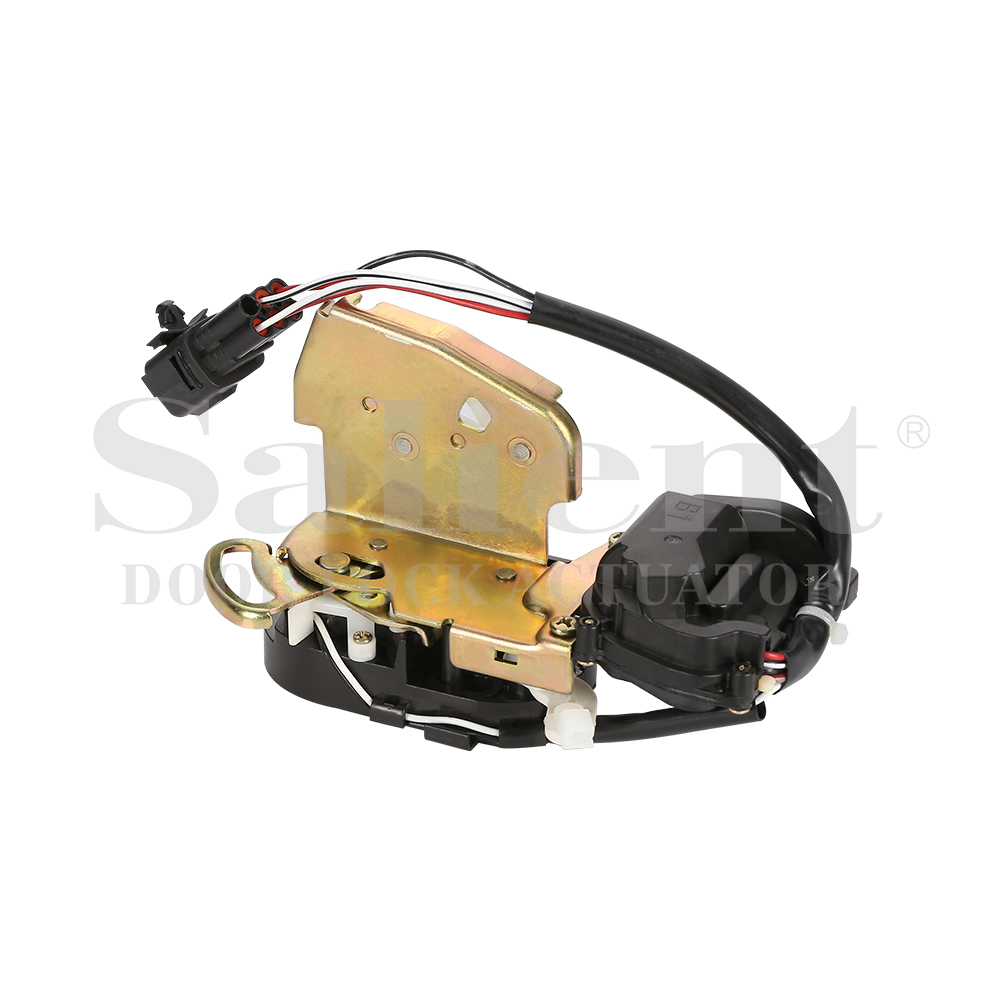
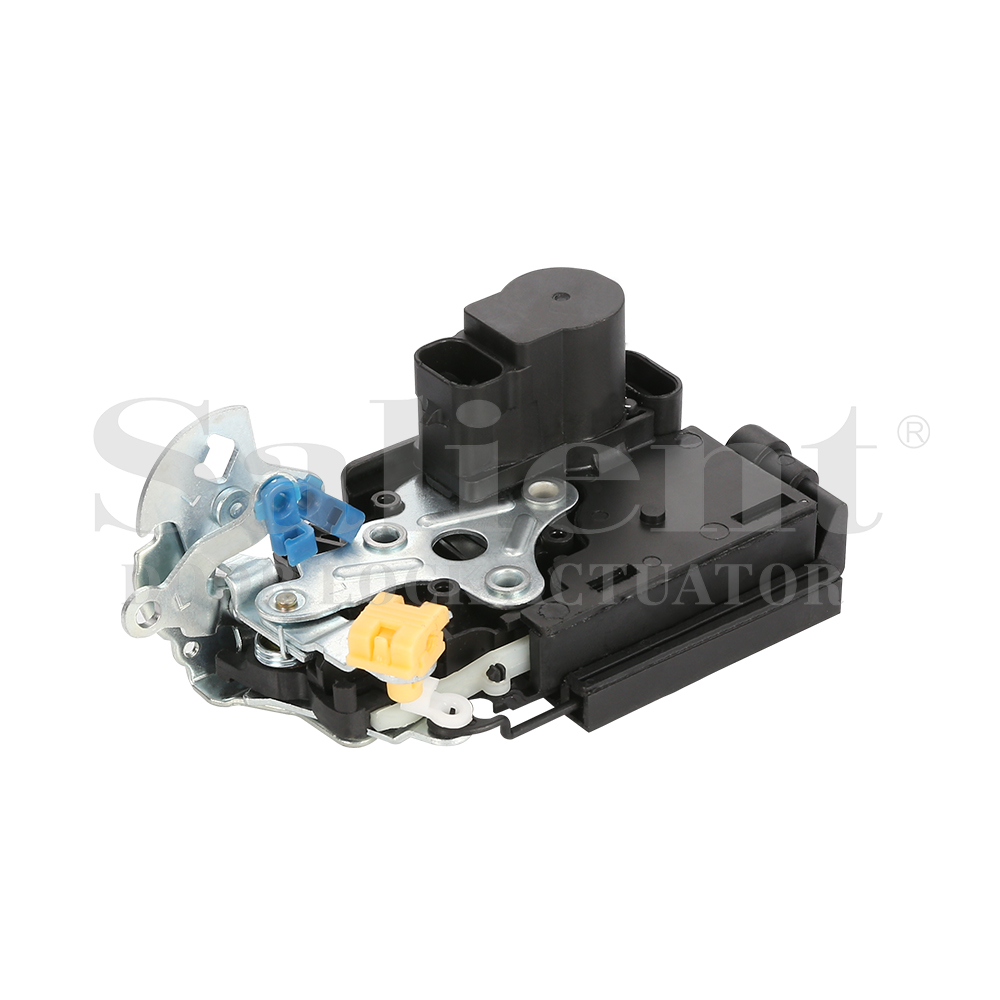
.jpg)
.jpg)
.jpg)
-1.jpg)
.jpg)
.jpg)

